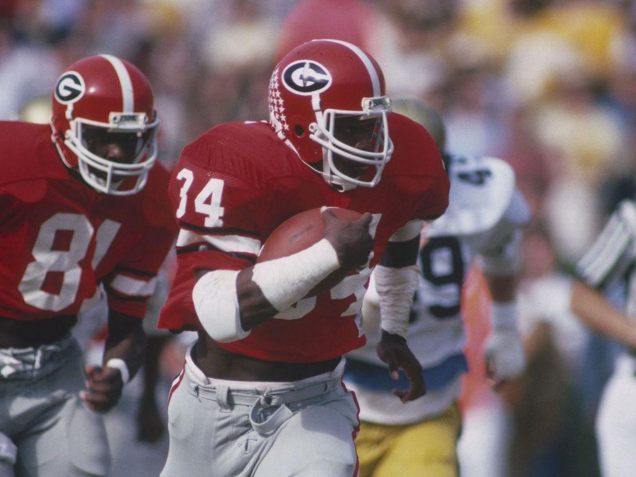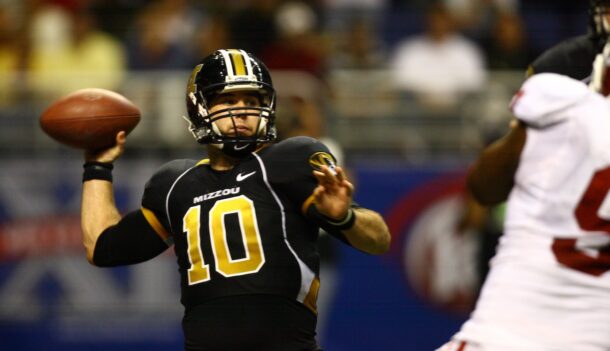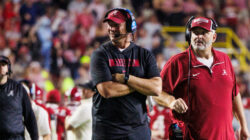
Georgia icon Herschel Walker was unreal in 11 games — imagine if he had 15
By John Hollis
Published:
He was arguably the greatest college football player of all time, a dominant force unseen before or since.
So just imagine if Georgia’s Herschel Walker had the benefit of a 15-game season to wreak his damage in much the same manner that might be possible for the latest Heisman Trophy recipient in Alabama’s Derrick Henry? The possibilities are limitless.
How so?
Walker averaged a ridiculous 159.4 yards per game for his career. Just imagine adding four more contests for him to add to his already mind-blowing totals. With just “average” games, Walker would have added nearly 640 more yards to his season totals in each of his three college campaigns to finish at roughly 2,400 yards per season.
How can we make this leap?
Simple, considering that Walker, the 1982 Heisman Trophy winner who led the Dawgs to the national championship two years earlier, remains Georgia’s all-time career rushing leader with a staggering 5,289 yards and 52 touchdowns on 994 carries. He did all that in just 33 regular season games over a three-year span.
(The SEC didn’t count bowl stats when Walker played, but he went for 150 yards and two TDs as a freshman in the Sugar Bowl, 84 yards and two more TDs as a sophomore in the Sugar Bowl and 177 yards and two more TDs in the Jan. 1, 1983 Sugar Bowl, his final college game.)
Current NFL rookie Todd Gurley is the next-closest finisher in school rushing annals, a distance second after totaling 3,285 yards from 2012-2014.
Georgia graduate to sculpt Herschel Walker statue http://t.co/byqJ7JCARu pic.twitter.com/zXPlVprWdA
— theScore NCAAF (@theScoreNCAAF) September 23, 2015
A dazzling blend of speed and power, Walker still owns 41 school records, including the most yards in a single game (283 vs. Vanderbilt in 1983), the most yards in a season (1,891 in 1981), the most games of at least 200 yards rushing (nine) and the most games of least 100 yards rushing (28).
Think about that for minute, please. He eclipsed the coveted 100-yard rushing in 28 of his 33 career regular season games, went for at least 200 in roughly a third of all his games.
Much has been made of Henry’s accomplishments this fall and rightly so, most notably his surpassing Walker’s 1981 single-season rushing total with his own 1,986 yards this fall. The junior tailback is a workhorse of a back who delivers out as much punishment as he receives.
Henry has played more games, but has logged fewer carries than Walker did in 1981 (385 to 339) and is averaging 5.86 yards per carry this season to Walker’s 4.9 of 1981.
But there is only one Herschel.
But what if Walker were to have played the additional games that came with a conference championship and a college football postseason?
It would have been fun to watch, but maybe not so much for opposing defenses tasked with trying to slow him down.
John Hollis is a contributing writer for Saturday Down South. He covers Georgia and Florida.







